Social Skills for Autism at Inner Circle
Build meaningful connections with Inner Circle’s social skills teaching for autism. Our program enhances social interactions and relationships.
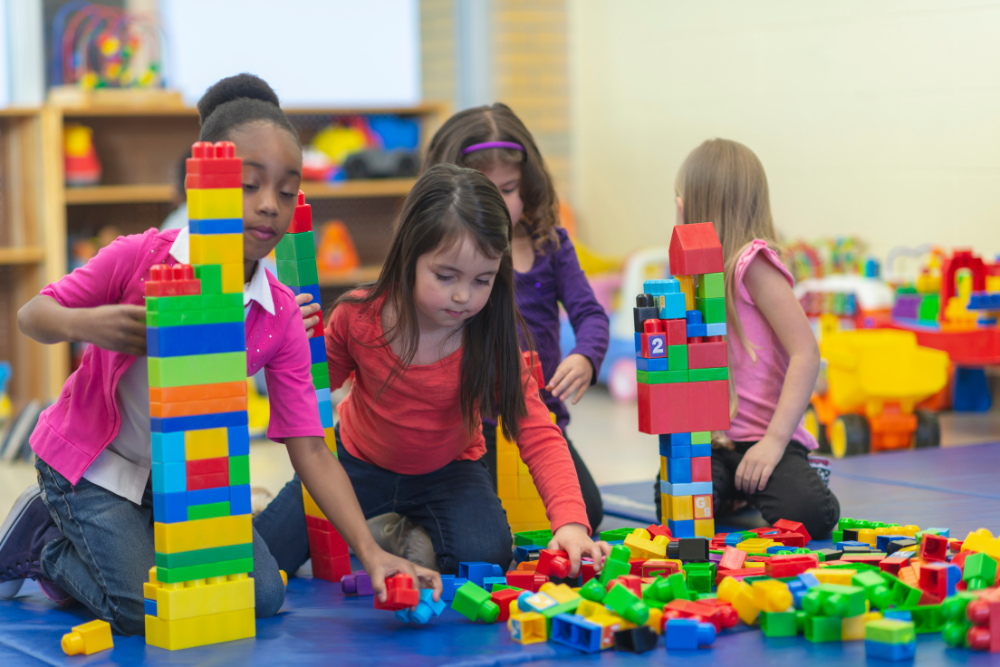
The Importance of Social Skills for Individuals With Autism
Children with autism may need additional social communication support to help them overcome challenges interacting with others.
From initiating interactions to responding to their name to understanding body language and facial expressions, building a solid foundation of social skills is essential for any child to build relationships with those around them and achieve independence in their life.
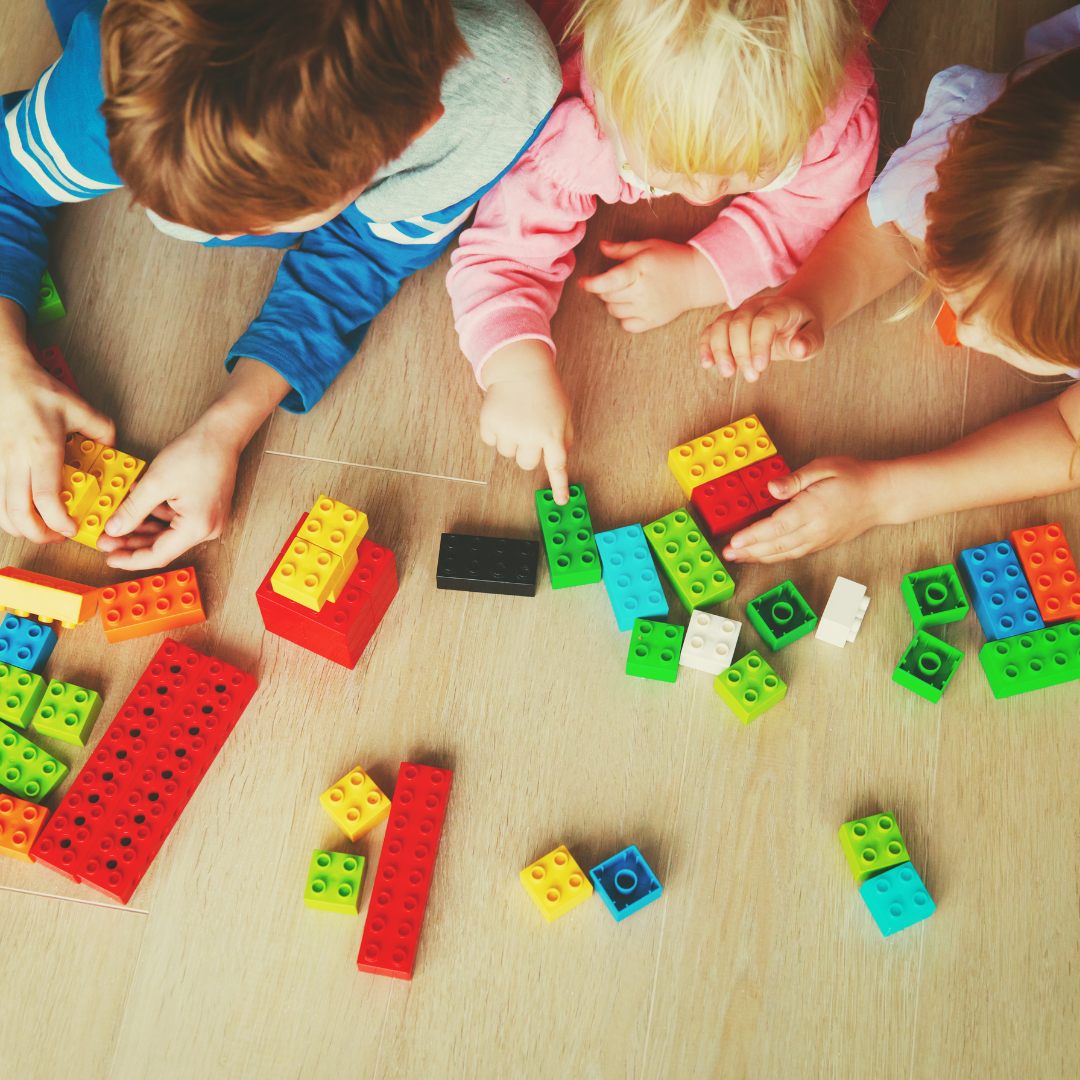
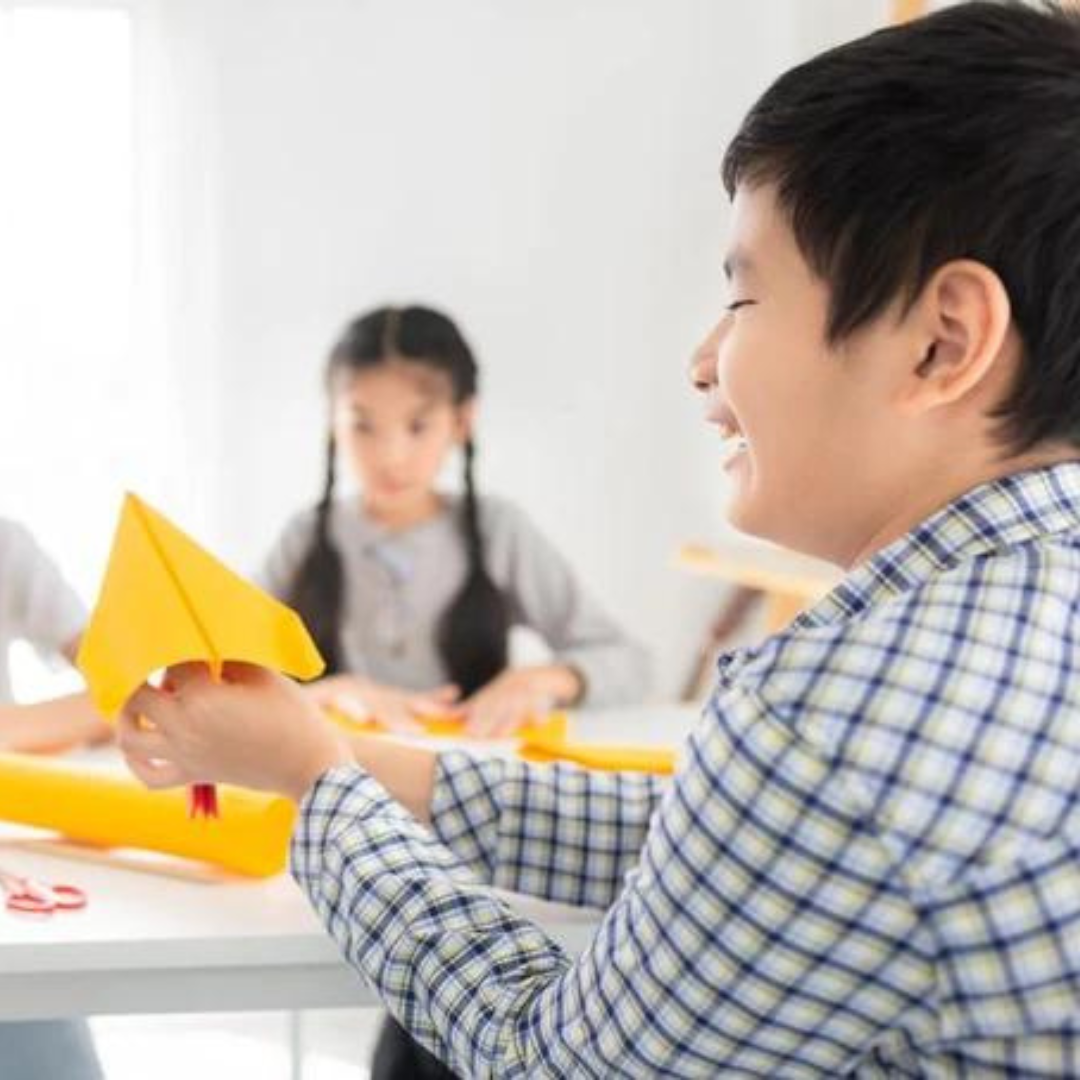
What is Social Skills Teaching for Autism?
ABA therapy is an evidence-based and scientific approach to helping children with autism learn and develop social skills.
Through positive interactions and social experiences guided by the principles of behavior analysis, ABA therapy helps children learn social and communication skills, while working through challenging behaviors that impact social development.
Key components include play-based interactions, one-on-one with a therapist or in a small group setting, that teach children social awareness skills and positive interactions with others and their environment.
Benefits of Social Skills Teaching for Individuals With Autism
Social skills teaching improves the communication and social skills required for positive interactions in social and learning situations.
Verbal and nonverbal communication skills greatly impact a child’s ability to develop friendships and build positive relationships with others around them.
The development of these skills leads to greater self-confidence in social situations, as children are better able to advocate for themselves and communicate their needs through positive social interactions.
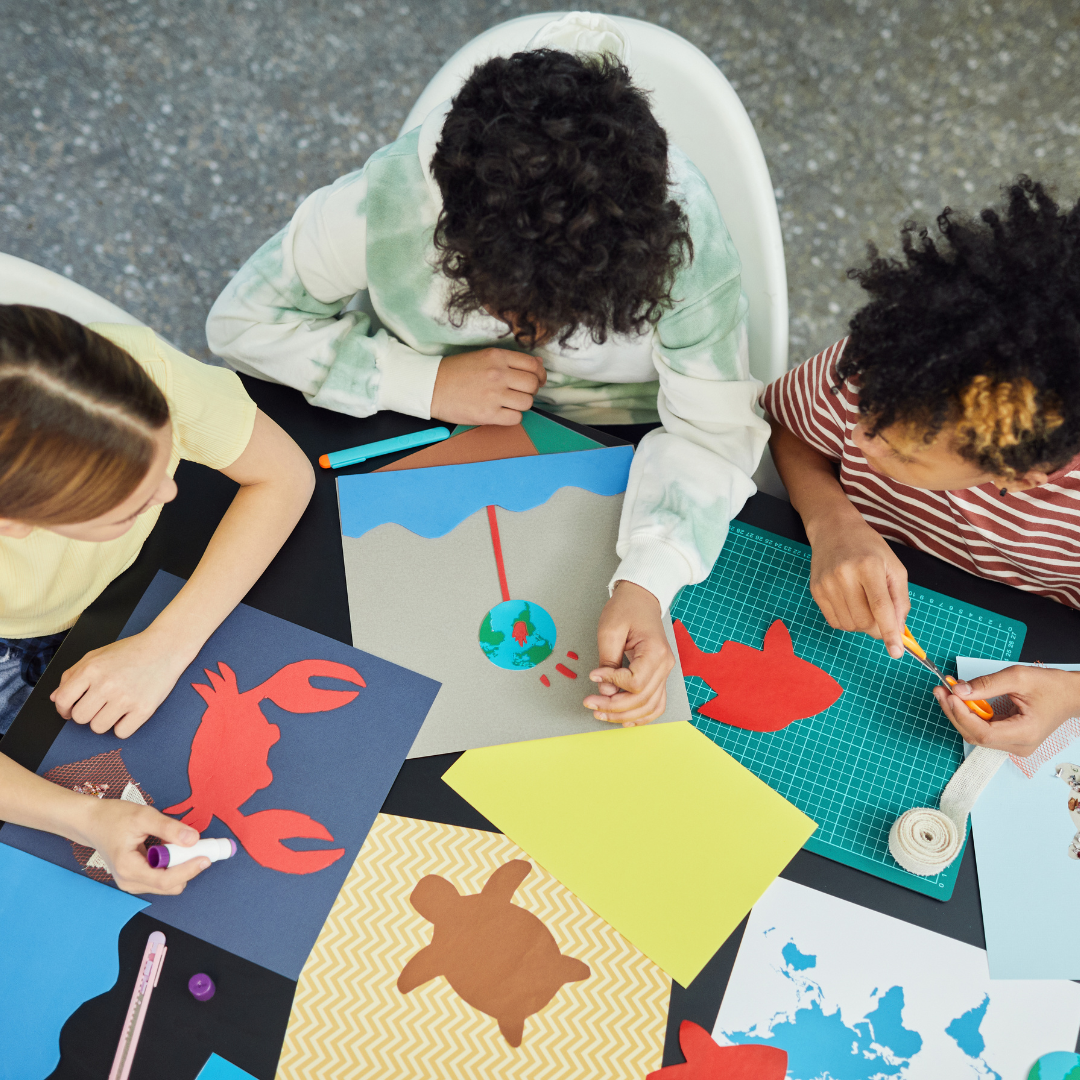
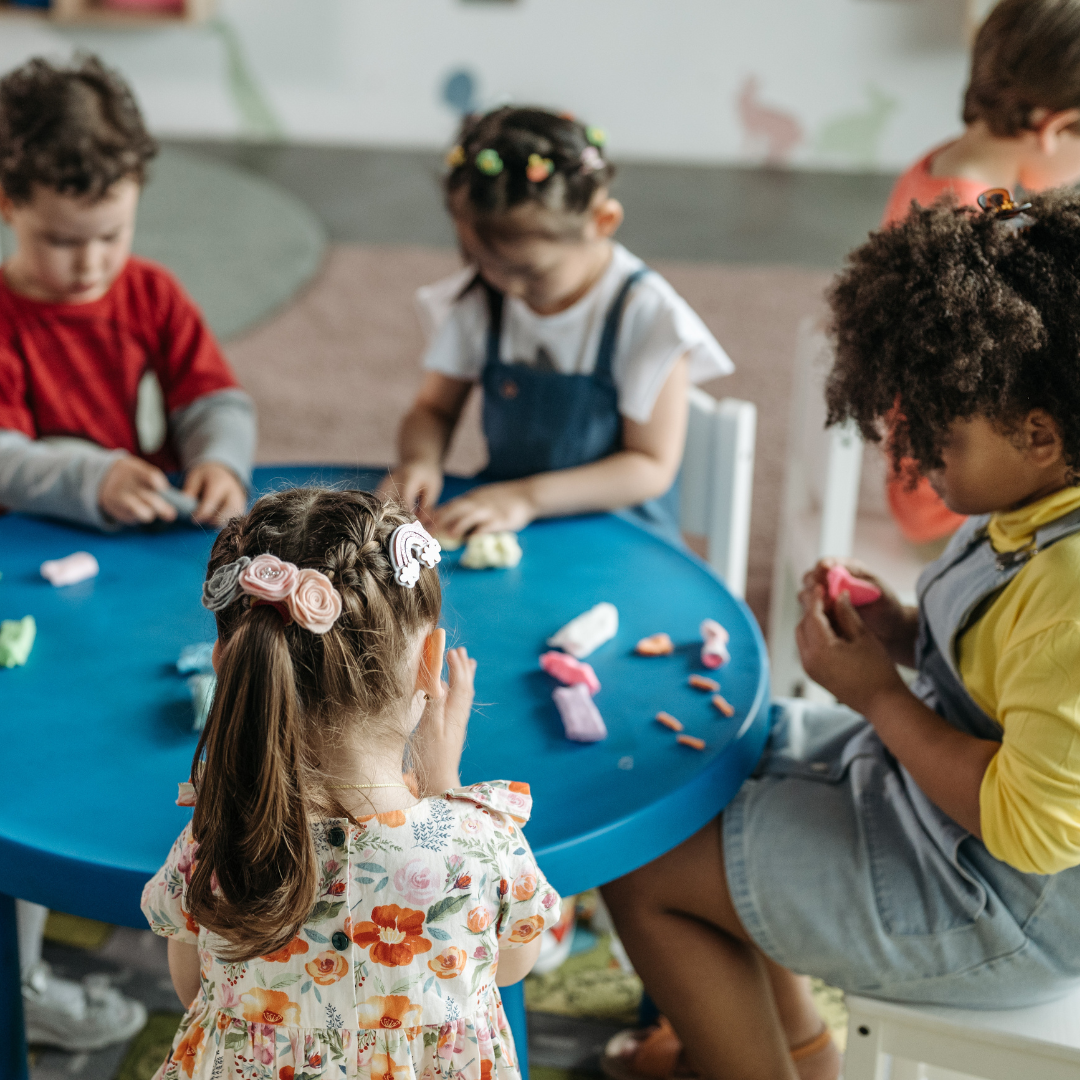
Our Approach to Social Skills Teaching at Inner Circle Autism Network
Teaching social skills at Inner Circle begins with a personalized assessment and goal-setting for each child. We believe every child is unique and requires an ABA program tailored to their strengths and needs.
Social skills teaching incorporates one-on-one teaching with a therapist as well as small group settings and activities. Both options are designed as part of a supportive and inclusive environment that fosters trust and creates an ideal learning environment for children with autism.
Meet Inner Circle’s Experienced BCBAs

Madeline Birchfield
BCBA | Edmond
Maddie is a licensed behavior analyst in Oklahoma and joined Inner Circle as a BCBA at the Edmond location. Her educational background is in psychology and ABA, and she has experience providing education in an elementary setting. She has been in the field of ABA since 2020 and brings valuable experience as a BCBA.
Some of Maddie's passions in the field include fostering effective communication among the children, training staff, and making a positive impact on families' everyday lives.
Outside of work, Maddie enjoys being a proud dog mom to Elle, her Boston terrier!

Grace Erington
BCBA | Springdale
Grace comes to Inner Circle with an educational background in psychology, child learning and development, applied cognition and neuroscience, and ABA. Grace has been in the field of ABA since 2016, bringing experience from a variety of settings as a BCBA. Some of Grace’s passions in the field include adaptive living skills and functional communication training.
Grace uses the science of ABA to work toward happy and independent lives for all of her clients. Outside of work, Grace enjoys spending time with her husband and young son, Jax!

Calli Glover
BCBA | Oklahoma City

Lexi Lippoldt
BCBA | Oklahoma City
Lexis is a BCBA in the state of Oklahoma who has an extensive educational background in psychology, with an emphasis in Applied Behavior Analysis.
Some of Lexi's passions in the field include collaboration, increasing independence and autonomy, parent and staff training, and participating in continuing education opportunities. Outside of work, Lexi enjoys spending time with her husband and rescue dog Poncho.

Jessica Nuessen
BCBA | Bentonville
Prior to becoming a BCBA, Jessica spent 8 years as a special education teacher in Kansas working with middle and high school aged students.
She started in the field of ABA as an RBT in 2019 and earned her BCBA in 2021. She has worked in a variety of settings with clients between the ages of 3 and 18. She enjoys collaborating with staff and parents through ongoing training, using a naturalistic teaching approach to help clients develop daily living skills as well as teaching functional communication. Outside of work she enjoys spending time outside with her family and traveling.

Mallory Shelton
BCBA | Jonesboro
Mallory Shelton is from Jonesboro, Arkansas, where she works as a BCBA. Mallory Attended Arkansas State University for her undergraduate degree in exercise science. Mallory then attended Ouachita Baptist University, where she received her master’s degree in Applied Behavioral Analysis.
Mallory started in the field of ABA as a Registered Behavior Technician (RBT) for two years in Little Rock before joining the Inner Circle team as a BCBA in 2022, where she has been able to continue growing her passion for helping others and improving the lives of the families she serves.
For Mallory, each child she works with gives her the inspiration to continue with her dedication to families who need support. Outside of work you can find her working in her flower beds and spending time with her family at the lake.
Frequently Asked Questions for Social Skills Teaching
What are common social challenges for children with autism?
Children with autism can struggle with both basic and complex social skills, including:
- Social awareness
- Initiating conversation
- Responding to their name
- Sharing toys
- Tolerating close proximity to others
- Understanding body language
- Using facial expressions
Who provides social skills teaching for individuals with autism?
Social skills training is provided by Registered Behavioral Technicians (RBTs), and Behavioral Technicians (BTs). All training and programs are supervised by Board-Certified Behavior Analysts (BCBAs).
What qualifications should a social skills teaching provider have?
Our therapists meet the requirements set forth by the Behavior Analyst Certification Board (BACB) and pass a certification examination.
BCBAs who supervise treatment have obtained a graduate-level degree and met the requirements set forth by the BACB and obtained board certification.
What are the common goals of social skills teaching for individuals with autism?
Common goals include teaching children basic social skills like conversation, playing well with others, and body language. The precise goals will be determined by each child's individualized treatment plan.
Can social skills teaching help improve communication and interactions with others?
Yes! This is a core component of social skills training.
What topics are typically covered in social skills teaching for autism?
- Social interactions
- Communication skills
- Play skills
- Listening and responding skills
- Social confidence
- Body language and nonverbal communication
- Recognizing emotions
How is social skills teaching structured? Are there group sessions or individual sessions?
Treatment plans include a mix of one-on-one and group sessions. The structure of the plan is individualized for each child's needs.
How long does social skills teaching typically take for individuals with autism?
The duration of training depends on several factors including skills, needs, goals, rate of progress, attendance, intensity of services and other factors. ABA therapy and social skills training can range from several months to several years.
Ultimately, it is our goal for every child to develop skills that will allow them to participate successfully in “real-life”. In order to ensure progress toward this goal, each treatment plan includes an individualized transition plan that defines the core skills and goals that are needed prior to transition.
How often should my child attend social skills teaching sessions?
Because each child receives an individualized treatment plan, the number of weekly sessions can vary.
What does a typical social skills teaching session for children with autism involve?
Social skills and group instruction often involves working on skills with their peers during activities such as art, music, circle time, pretend play, and group games.
Data collection occurs during every ABA session in order to document your child’s progress, behaviors and skills. Data is collected digitally by RBTs and BCBAs through a web-based platform and will occur in real time throughout the session.
Can social skills teaching help children with autism make friends and build relationships?
Yes! Social skills training is designed to prepare every child for "real life" and help them build a solid foundation for building relationships and friendships in their life.
How can parents and caregivers support their child's social skills development at home?
In appropriate situations, ICAN can provide home based services to help children generalize the skills they learn at our centers into their home environment.
Parents and caregivers can also help their child practice their new social skills by providing social opportunities in the community such as playing with peers at the park or attending clubs tailored to the child's interests. Your child's BCBA can help you develop some ideas for appropriate social opportunities that your child may enjoy.
What are some signs that my child may benefit from social skills teaching?
Children who may benefit from social skills training may struggle with perspective taking, have difficulty having two-way conversations, experience challenges in talking about non-preferred topics, or have limited success in making and maintaining appropriate friendships. If you think your child may benefit from social skills training, reach out to our intake team!
Will social skills teaching improve my child's self-confidence in social situations?
The development of social skills helps children with autism learn how to interact with others in a variety of situations, increasing their self-confidence when engaging in play, learning, and other social interactions.
Can social skills teaching help with managing challenging behaviors in social settings?
ABA therapy is effective in helping to reduce challenging behaviors such as tantrums other negative behaviors that can arise in social situations and increase positive interactions and through the development of social skills.
How can social skills teaching help with understanding social cues and nonverbal communication?
Understanding social cues and nonverbal communication is an essential component of our social skills teaching programs. Through this teaching, children can better recognize social cues and understand how to recognize and use nonverbal communication like body language and facial expressions.